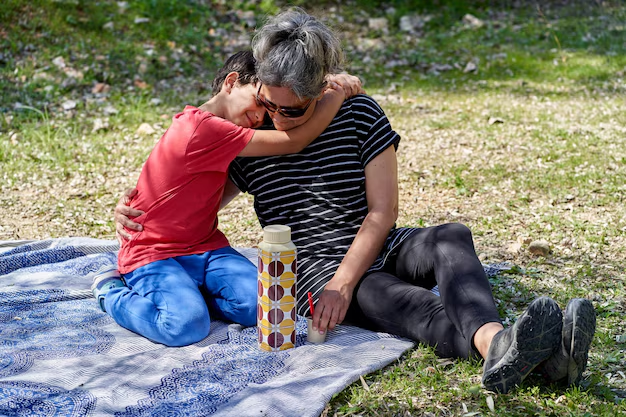How to Become a Foster Parent in Arkansas: Degrees, Certifications, and Licenses
Becoming a foster parent in Arkansas is a noble endeavor that significantly impacts the lives of children in need. While there are no specific degrees required to become a foster parent, pursuing relevant education and training can be incredibly beneficial. An understanding of child development, psychology, or social work can enhance one's ability to provide a nurturing environment. Arkansas mandates that prospective foster parents complete pre-service training, known as PRIDE (Parent Resources for Information, Development, and Education), which covers essential topics such as trauma-informed care and effective communication. Additionally, aspiring foster parents must pass background checks and home safety inspections to ensure a secure and supportive living space for children.
For those interested in fostering, further education might include courses or certifications in areas like therapeutic foster care or child welfare, which are often available through community colleges or online programs. These can provide valuable insights and skills, making an individual's journey as a foster parent more rewarding and effective. Exploring educational opportunities not only equips one with essential tools but also underscores a commitment to nurturing the well-being of foster children.
Relevant Degrees, Certificates, and Licenses:
- 🎓 Child Development or Psychology Degree: Understanding child growth and behavior can be invaluable.
- 📜 Social Work Degree: Offers frameworks for supporting diverse family needs.
- 🎓 Certification in Therapeutic Foster Care: Focuses on care for children with special emotional or behavioral needs.
- 🎓 Parent Resources for Information, Development, and Education (PRIDE): Required pre-service training for Arkansas foster parents.
- 📜 Child Welfare Training: Enhances knowledge about the legal and social aspects of fostering.
Embarking on the path to becoming a foster parent in Arkansas can benefit greatly from education and training—ensuring the best possible outcomes for both the children and the fostering family.
